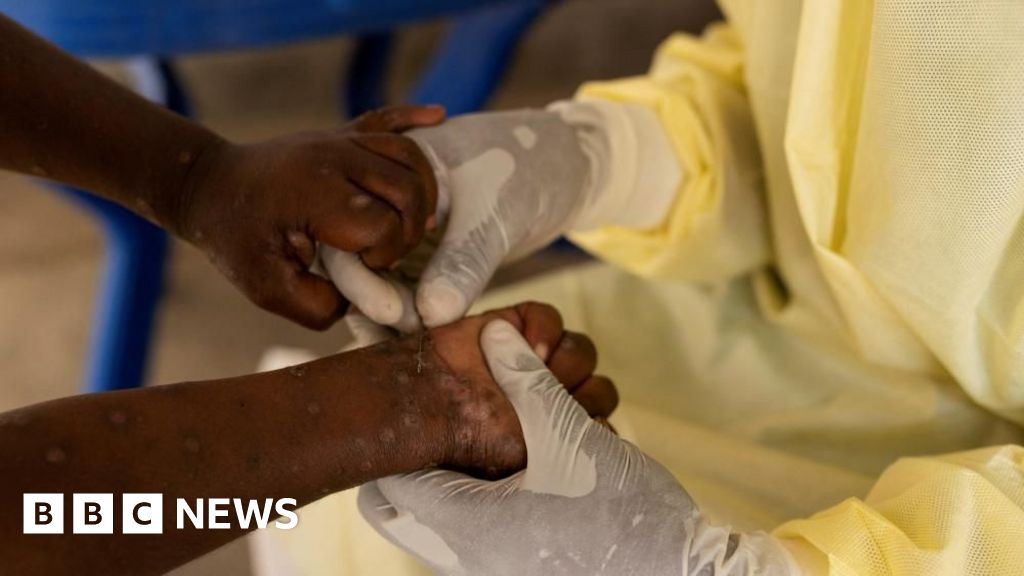Sweden’s public health agency has recorded what it says is the first case of a contagious new variant of mpox outside the African continent.
The person became infected during a stay in an area of Africa where there is currently a major outbreak of mpox Clade 1, the agency said.
The news comes just hours after the World Health Organization (WHO) declared that the outbreak of mpox in parts of Africa was now a public health emergency of international concern.
At least 450 people died during an initial outbreak in the Democratic Republic of Congo and the disease has since spread to areas of central and east Africa.
According to Olivia Wigzell, the acting head of the Swedish public health agency, the infected person had sought care in the Stockholm area and the fact that they were receiving treatment in Sweden did not mean there was a risk to the broader population.
Mpox, which was previously known as monkeypox, is transmitted through close contact, such as sex, skin-to-skin contact and talking or breathing close to another person.
It causes flu-like symptoms, skin lesions and can be fatal, with four in 100 cases leading to death.
There are two types of mpox, Clade 1 and Clade 2. While Clade 2 did cause a public health emergency in 2022 it was relatively mild and some 300 cases have already been identified in Sweden.
The Swedish public health agency said Clade 1 was likely to be linked to “a higher rise of a more severe course of disease and higher mortality”.
It said Clade 1 was more commonly spread through close contacts within households and often to children, while the milder variant was mainly spread through sexual contact.
The European Centre for Disease Prevention and Control said symptoms usually appeared 6-13 days after infection, through fevers and headaches, rashes or sores and muscle ache.
Most people experienced mild to moderate symptoms followed by a full recovery but immuno-compromised individuals were at greater risk.

